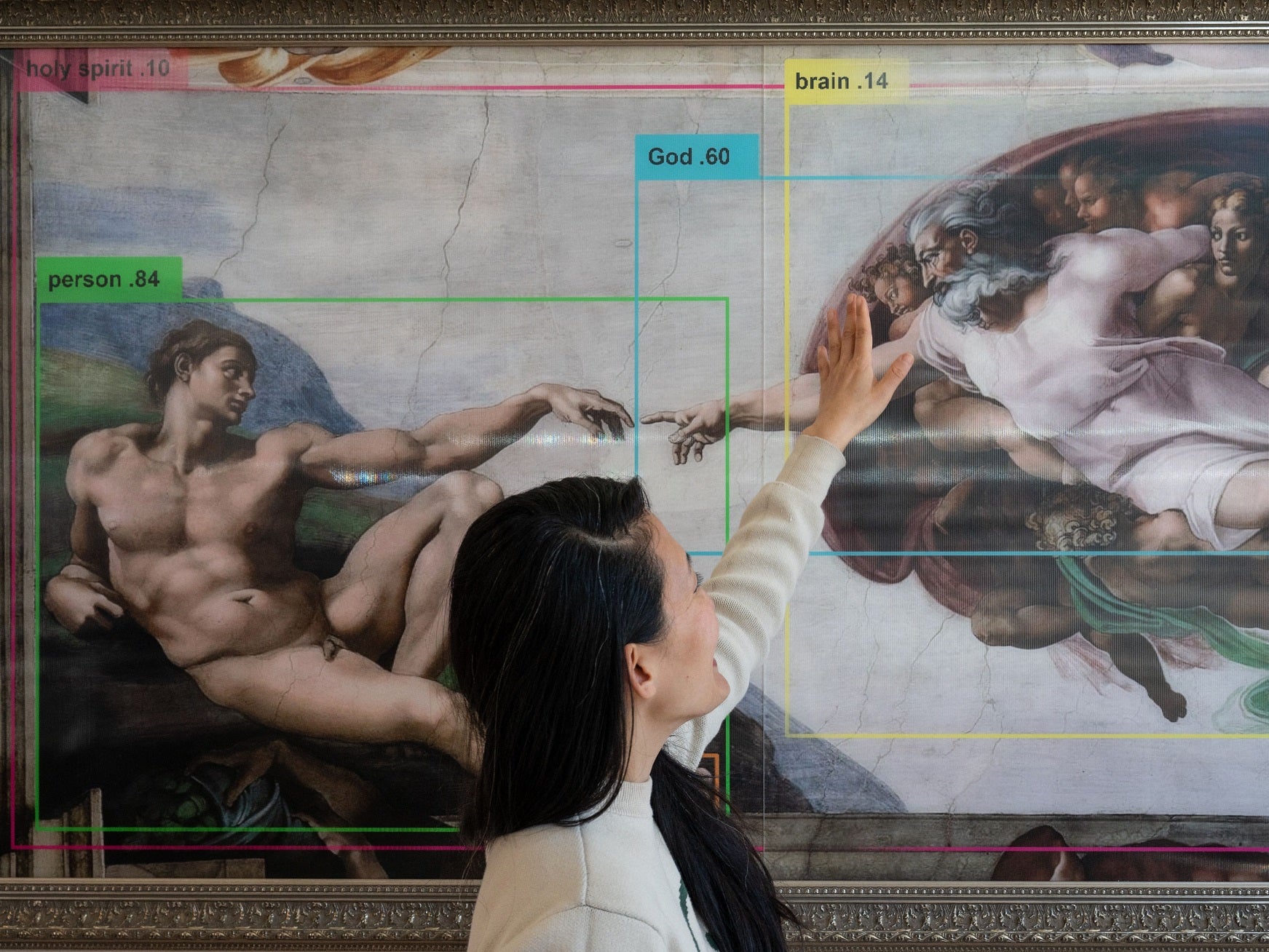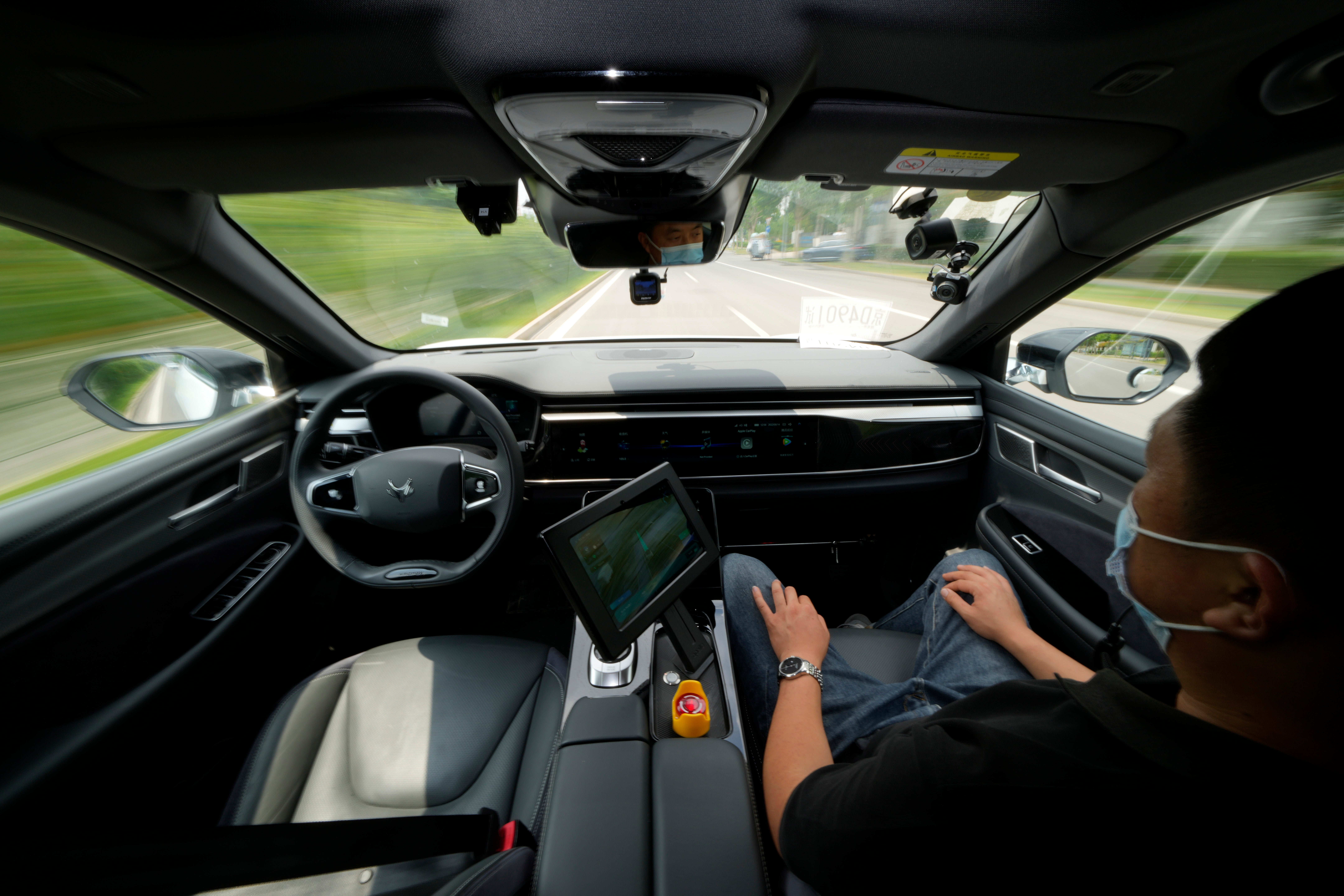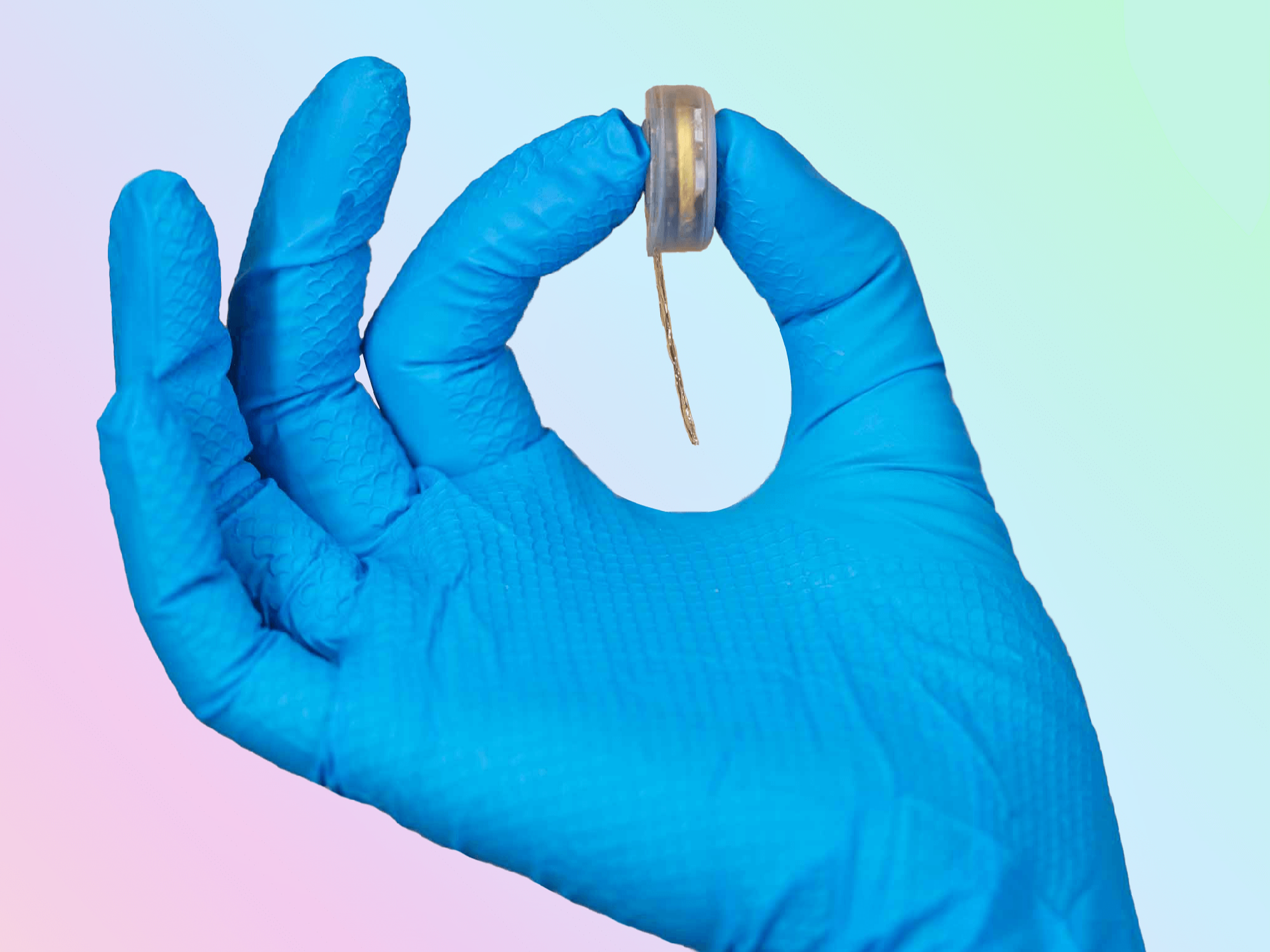10 ways AI will change the world – from curing cancer to wiping out humanity
Are we on the brink of an artificial intelligence-powered utopia or dystopia?

Some of the world’s leading AI researchers are calling for a moratorium on research into artificial intelligence, claiming that safety issues must first be urgently addressed. If not, the outcomes could be devastating for humanity.
Others say any pause in development would not only be impractical to enforce on a global scale, but may also stand in the way of advances that could both improve and save lives.
The AI that is currently available already has the power to radically alter society, in new ways that we are seeing every day. So how might it progress over the coming years? Here’s five ways it could make the world better – and five ways it might go horribly wrong.
Automate jobs
Technology has been automating jobs since the Industrial Revolution, though never before has it happened on this scale. Everyone from truck drivers to voice over artists are at risk of being replaced by AI.
A recent study conducted by OpenAI, the creator of ChatGPT, found that just over 30 jobs are considered safe from automation in the near future. They range from mechanics to athletes, though they represent just a sliver of the current labour market.

While new jobs will be created, there is a significant chance that the majority of the population will be left jobless. This could either lead to:
Utopia: A new leisure class emerges, living off a universal basic income funded by taxes on robots and the companies that operate them.
Dystopia: Mass unemployment results in social unrest, similar to the way laid off factory workers trashed the machines that replaced them. With so many jobs at risk and the potential for huge wealth inequality, some fear it could ultimately result in societal collapse.
Scientific discoveries
Artificial intelligence is already contributing to major scientific advances, dramatically accelerating the time it takes to make discoveries.
It has been used to invent millions of materials that did not previously exist, find potential drug molecules 1,000 times faster than previous state-of-the-art methods, and improve our understanding of the universe. These are the best and worst outcomes:
Utopia: Cancer and all other life-threatening diseases are cured, leading to a new age of health and prosperity. Scientists are already using AI tools to make breakthroughs in longevity medicine, which aims to end or even reverse ageing.
Dystopia: The same AI-enabled technology could be used for malevolent purposes, creating entirely new diseases and viruses. These could be used as bioweapons, capable of devastating populations that don’t have access to cures or the tech needed to develop them.
AI-powered robots
Machines fitted with AI brains can go places and do things that would be physically impossible for humans.
Not limited by the need for oxygen, nutrients, or even a limited lifespan, smart robots could go on missions to outer space or perform dangerous tasks without risking human life.

Two extreme outcomes of this could be:
Utopia: AI robots help humans explore and colonise parts of the universe in order to transform us into a multi-planetary species. This would ensure the survival of humanity for millions of years, potentially even longer than the Sun.
Dystopia: AI robots form their own societies on other planets, or maybe even just inhospitable regions like Antarctica or beneath the ocean. As their civilization advances and thrives, ours disintegrates.
AI-powered humans
Dozens of startups are currently working on ways to integrate computers into our brains, some of them with the explicit intention to help us compete with advanced AI.

Elon Musk’s Neuralink has already tested the technology on pigs and monkeys, allowing them to play video games with their minds.
Others have tested them on humans with paralysis to translate thoughts directly into text. Here’s how it could improve or ruin lives:
Utopia: AI brain chips allow us to progress at an unimaginable technological rate as a society. Combined with advances in healthcare, it could lead to a new post-human, cyborg era.
Dystopia: If brain-machine interface technology is not available to – or accepted by – everyone, then it could quickly lead to a two-tiered society of the AI-enabled and the AI-disabled.
AI surpasses human intelligence
The so-called technological singularity is anywhere from a few years to a few decades away, depending on who you listen to.
Once an artificial general intelligence, or superintelligence, surpasses the smartest human, its rate of progress will be impossible for us to follow, and technological growth will become uncontrollable and irreversible. Here’s how that could pan out:
Utopia: We live in a world where all our needs and desires are met by AI servants and interfaces, allowing us to follow our passions in the real-world without worrying about mundane work or tasks, or plug in to a personalised virtual heaven where we exist in a Soma-like state of bliss.
Dystopia: We quickly become surplus to AI’s requirements, seen as a parasite on resources and wiped from the face of the Earth.
Join our commenting forum
Join thought-provoking conversations, follow other Independent readers and see their replies
Comments
Bookmark popover
Removed from bookmarks